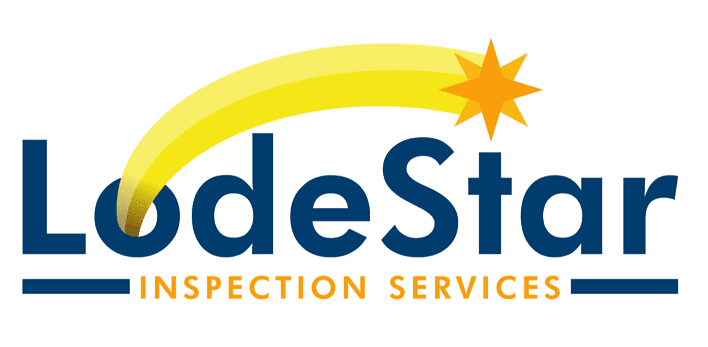What Happens on a Home Inspection?

Your home inspector will educate you about the home you are interested in and make sure that you have the information you need to move forward confidently. Inspectors won’t find every little thing that is wrong with a house – that’s not the point of the inspection!
What inspectors are looking for are the major things that will likely cost a lot of money to repair or replace. We are only in the home for 2-3 hours to gather as much information as we can for you. Once you move in and are spending lots of time in your home, you’ll find things we didn’t – or couldn’t – in our short time in the home. There’s no such thing as a perfect home – only a home that is perfect for YOU!
Here’s What We Inspect
Foundation
- Usually the Basement: Inspect for cracks, settling, and signs of water damage.
- Framing: Check the integrity of walls, ceilings, and floors to ensure they’re structurally sound. If they don’t appear to be, we’ll refer you to a structural engineer).
Roof
- Shingles and Materials: Assess the condition, life expectancy, and any signs of wear or damage.
- Attic: We are also giving information about your roof and flashing based on what we can see in the attic.
- Flashing, Gutters, and Downspouts: Ensure proper installation and functionality to prevent water intrusion.
Electrical Systems
- Wiring and Panels: Examine the electrical panel, circuit breakers, and overall wiring and identify things that are not the way they are supposed to be.
- Outlets and Fixtures: Test functionality and safety of outlets, switches, and lighting fixtures.
Plumbing Systems
- Pipes and Fixtures: Inspect for leaks, corrosion, and correct installation of pipes, faucets, and fixtures.
- Water Heater: Check the age, condition, and functionality of the water heater.
Heating, Ventilation, and Air Conditioning (HVAC)
- System Operation: Test heating and cooling systems to make sure they work as they are supposed to.
- Age and Size: Tell you the age and the life expectancy of the components.
Insulation and Ventilation
- Insulation Levels: Check for insulation in attics and crawl spaces and let you know if you might benefit from having more insulation.
- Ventilation Systems: Ensure proper ventilation in attics, bathrooms, and kitchens to prevent moisture buildup.
Attic
- Insulation: We’ll let you know what type of insulation you have and how much there is. We’ll also let you know if we see signs of critters having been in the attic.
- Water Damage or Leaks: Of course, we are looking at the components of the roof that we couldn’t see from outside and letting you know if there is evidence of water intrusion into the attic.
- Structure: Checking the condition of what we can see in the attic – the trusses or rafters and other structural components.
Interior Elements Inspection
- Windows and Doors: Examine for proper sealing, operation, and signs of water damage or rot.
- Floors, Walls, and Ceilings: Look for cracks, stains, and structural issues that may need attention.
Exterior Components Review
- Siding and Trim: Check for damage, rot, or deterioration of exterior materials.
- Grading and Drainage: Ensure the land slopes away from the foundation to prevent water issues.
Appliance Functionality Testing
- Appliances: Test the operation of included appliances such as ovens, dishwashers, and refrigerators to ensure they’re in working order. We also test built-in microwaves.
Safety Features Verification
- Smoke and Carbon Monoxide Detectors: Confirm the presence and ages of necessary safety detectors.
- Handrails and Staircases: Ensure they meet safety standards to reduce the potential for accidents.
Additional Considerations
What’s Not Included
- Specialized Inspections: Issues like mold, pests, radon, or asbestos often require separate inspections.
- Hidden Conditions: Some conditions may not be visible or accessible during a standard inspection.
Recommendations for Further Action
- Referral to Specialists: If the standard inspection uncovers potential issues, we may recommend specialized inspections for a more in-depth analysis.
- We are like primary care physicians: We are generalists – not specialists. So if we see something that needs to be looked at by a specialist, we’ll recommend having them do further evaluations. Those specialists might be licensed electricians, plumbers, HVAC technicians, or structural engineers.
A home inspection is a vital step in the home-buying process, providing you with a clearer picture of the property’s condition. Our aim is to help you make an informed decision with confidence. We encourage you to ask questions during the inspection – we are here to ensure you understand every aspect of your potential new home. Together, we can ensure that you are comfortable with your investment is sound and that you know how to care for your new home, to keep it safe and comfortable for years to come.
Let’s Make Your Home Inspection Seamless
Have questions or ready to schedule an inspection? Fill out the form below, and our team will get back to you promptly to assist with your needs.
